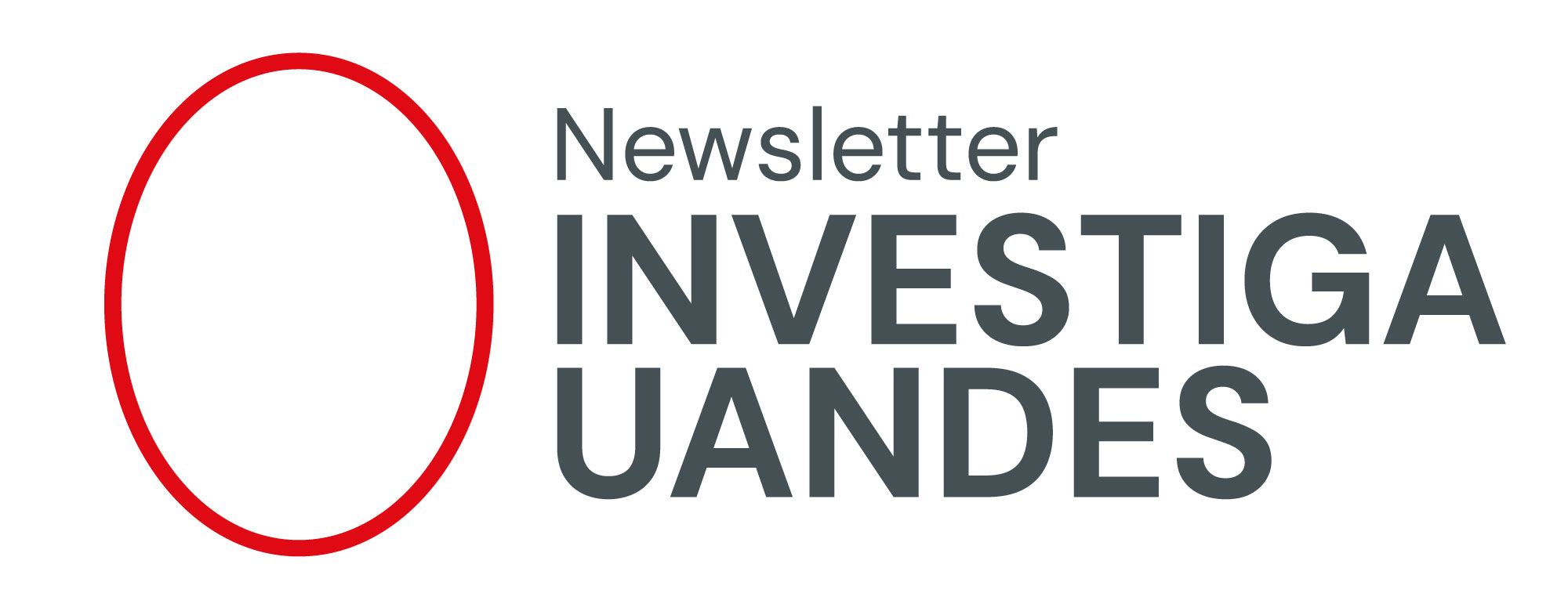Juan Eduardo Carreño has been awarded by the Instituto Razón Abierta of the Francisco de Vitoria University and the Vatican's Foundation Joseph Ratzinger, Benedict XVI.
The work made by Juan Eduardo Carreño, “Thomistic Philosophy in the Face of Evolutionary Fact: Methodological and Conceptual Insights for an Integration," was distinguished in the Research category for proposing a rigorous integration between biological evolution and Thomistic philosophy. The work offers a methodological and conceptual framework that incorporates scientific contributions through a sapiential vision.
Regarding the origin of his research, the scholar points out that "a recurring question among those who approach the thought of Thomas Aquinasand Christian-inspired philosophy in general concerns its apparent incompatibility with biological evolution. In this text I adress this problem; the answer I offer is the fruit of several years of work, but I think that, even those who disagree with my hypotheses, can find in it a methodological approach that could be useful to elaborate their own answer".
His work seeks to integrate the evolutionary phenomenon into the framework of a philosophy inspired by the thought of Thomas Aquinas. Special attention has been paid to five questions: the entitative structure of the living; the notion of species; micro versus macro evolution; the ontological status of man; and the finality of the cosmos and the living.
. Open Reason Awards recognize research and teaching proposals that, in line with the thinking of Benedict XVI, seek to integrate scientific knowledge with the humanities, particularly philosophy and theology.
This year's edition received 410 applications from 63 universities from around the world, and featured a rigorous three-phase evaluation process.
The award ceremony will be held on September 30 at the Vatican, as part of an international seminar where the winners will present their ideas to the academic and ecclesial community.
Since their inception, the awards have honored more than 30 projects from 15 countriesestablishing the Foundation as a benchmark in the promotion of dialogue between science, humanities and theology.

